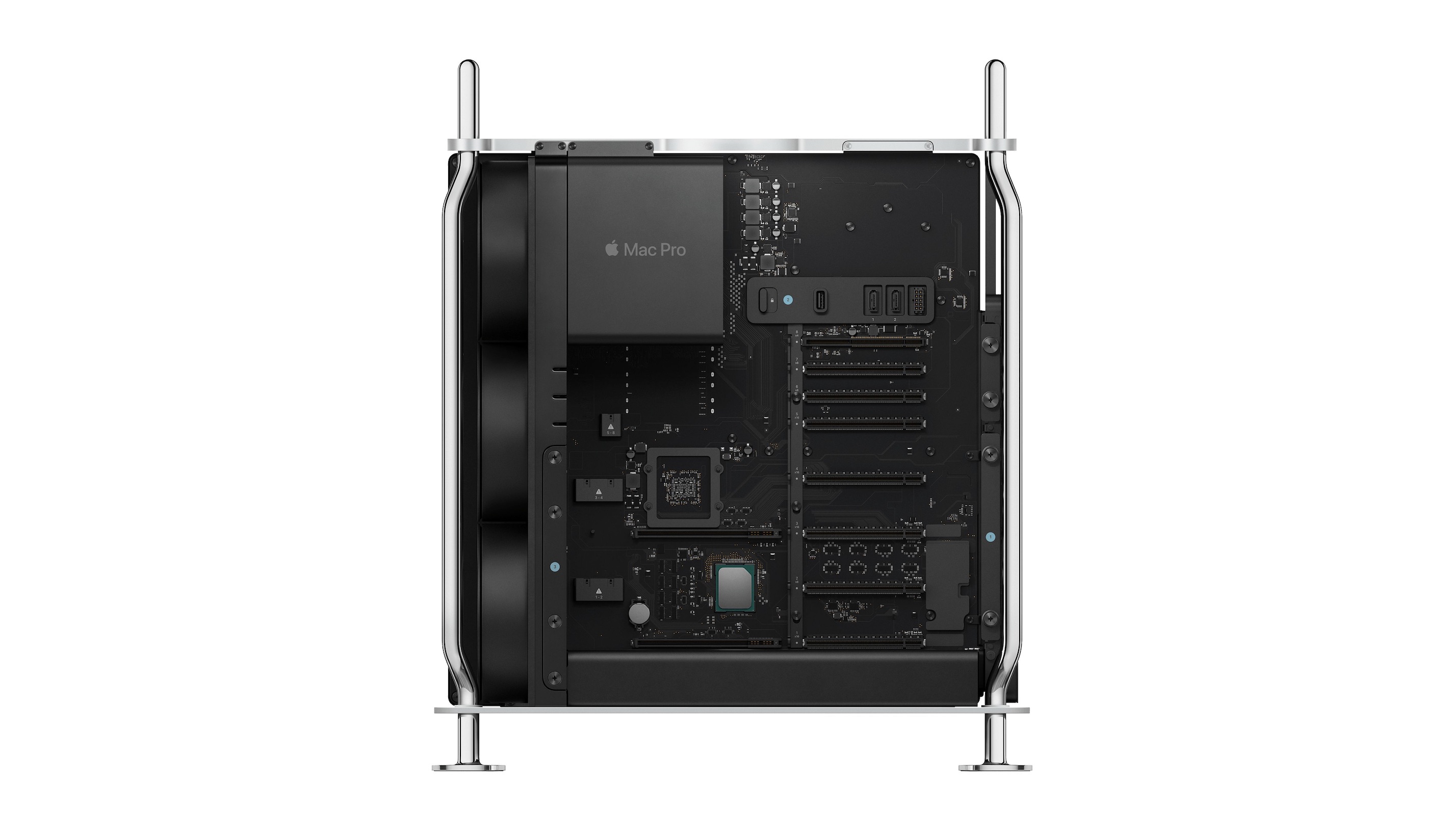

Ukrainian-born pro-Russian activist Pavel Gubarev, an Anti-Maidan activist, a former member of the neo-Nazi Russian National Unity paramilitary group in 1999–2001 and former member of the left-wing populist Progressive Socialist Party of Ukraine, proclaimed himself the "People's Governor" of the Donetsk Region. Vyacheslav Ponomarev became the self-proclaimed mayor of the city of Sloviansk. The political leadership initially consisted of Denis Pushilin, self-appointed as chairman of the government, while Igor Kakidzyanov was named as the commander of the "People's Army". According to the Russian ITAR-TASS, the declaration was voted by some regional legislators, while Ukrainian media claimed that neither the Donetsk city council nor district councils of the city delegated any representatives to the session. When the session was not held, the unelected separatists held a vote within the RSA building and overwhelmingly backed the declaration of a Donetsk People's Republic. The separatists demanded a referendum to join Russia, and said they would otherwise take unilateral control and dismiss the elected government. Afterwards, 200-1000 separatists stormed and took control of the first two floors of the government headquarters of the Regional State Administration (RSA), breaking down doors and smashing windows. Ukrainian media claimed that the proposed referendum had no status-quo option. On 6 April 2014, between 1,000 and 2,000 pro-Russian rebels attended a rally in Donetsk pushing for a Crimea-style referendum on independence from Ukraine. Sloviansk city council under the control of heavily armed men on 14 April 2014 The pro-Russian unrest in Ukraine was originally characterised by riots and protests which had eventually escalated into the storming of government offices. President Yanukovych's overthrow in the 2014 Ukrainian revolution led to protests in Eastern Ukraine, which gradually escalated into an armed conflict between the newly formed Ukrainian government and the local armed militias. Eastern Ukrainian dissatisfaction with the government can also be attributed to the Euromaidan Protests which began in November 2013, as well as, Russia support due to tension in Russia–Ukraine relations over Ukraine's geopolitical orientation. Viktor Yanukovych, a Donetsk native, was elected president of Ukraine in 2010. Since Ukraine's independence from the Soviet Union in 1991, Eastern and Western Ukraine typically voted for different candidates in presidential elections. The Luhansk and Donetsk Peoples Republics are located in the historical Donbas region of Eastern Ukraine.


Ukrainian military roadblocks in Donetsk oblast on Both republics are at the center of the 2021–2022 Russo-Ukrainian crisis and the 2022 Russian invasion of Ukraine.

QUICKTIME PRO MAC COST REGISTRATION
Russia had formerly already recognised identity documents, diplomas, birth- and marriage-certificates, and vehicle registration plates issued by the DPR since February 2017. On 21 February 2022, Russia officially recognised the DPR and the LPR as independent states, becoming the first UN member state to do so. Although the rebels do not govern most of Donetsk Oblast in terms of area, only controlling 7,853 square kilometres (3,032 sq mi), they hold major cities such as Donetsk (the capital), Makiivka, and Horlivka. The DPR and the Ukrainian government estimate that around 2 million people – over half of the total population of Donetsk Oblast – live in DPR-held regions. Ukraine considers them to be part of the " temporarily occupied territories of Ukraine" as a result of Russian military intervention, together with the Autonomous Republic of Crimea and Sevastopol. Ukraine regards both the DPR and the Luhansk People's Republic (LPR) as terrorist organisations. Denis Pushilin has served as the DPR head of state since 2018. The capital city and largest city within the DPR is Donetsk. Donetskaya Narodnaya Respublika, IPA: ) is a self-proclaimed breakaway puppet state located in Ukraine, formed on 7 April 2014.


 0 kommentar(er)
0 kommentar(er)
